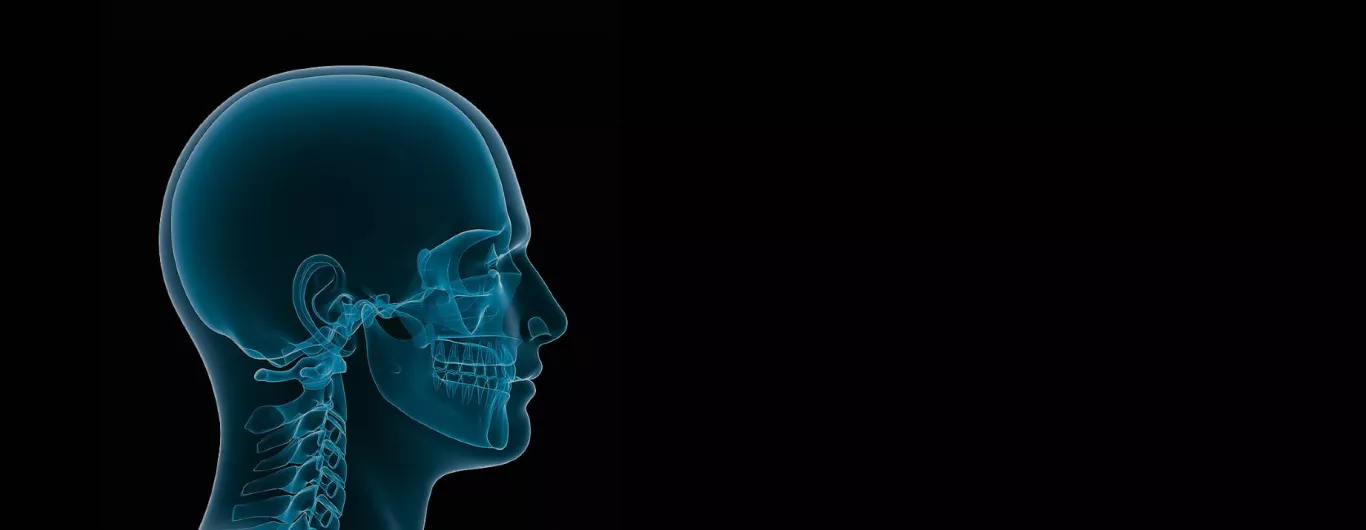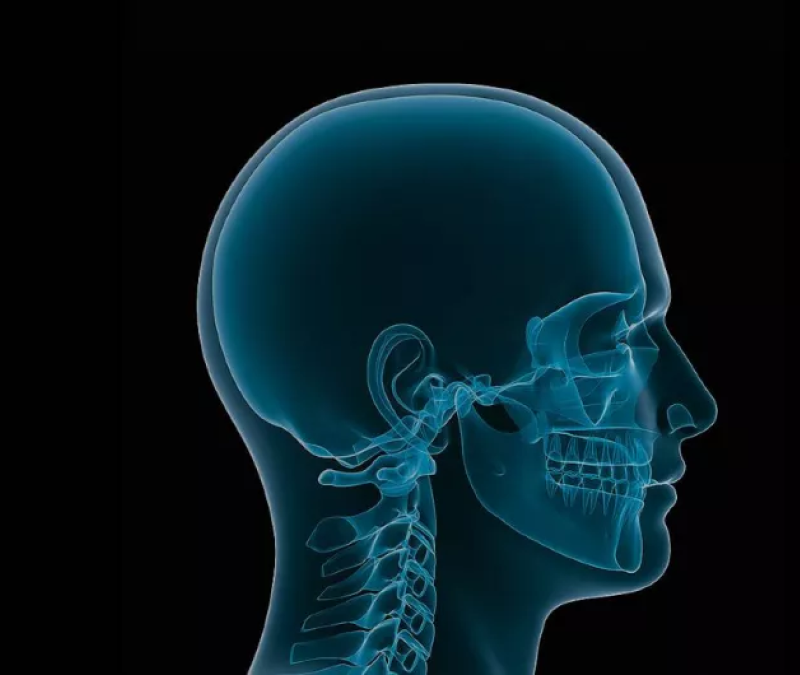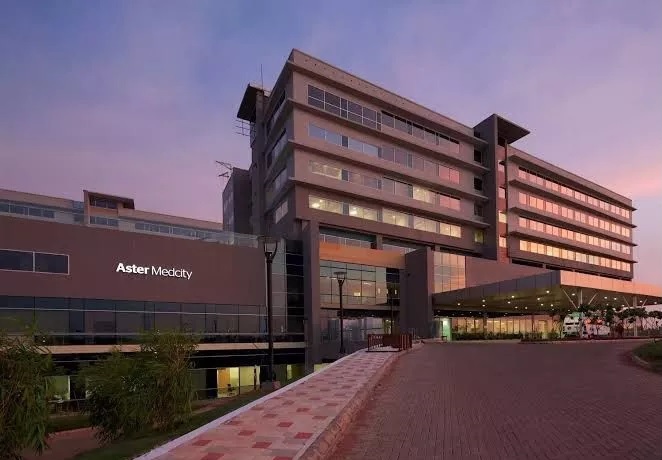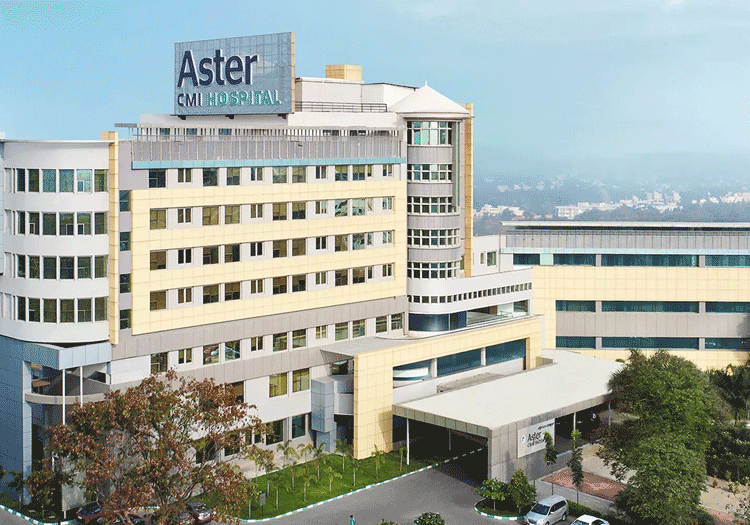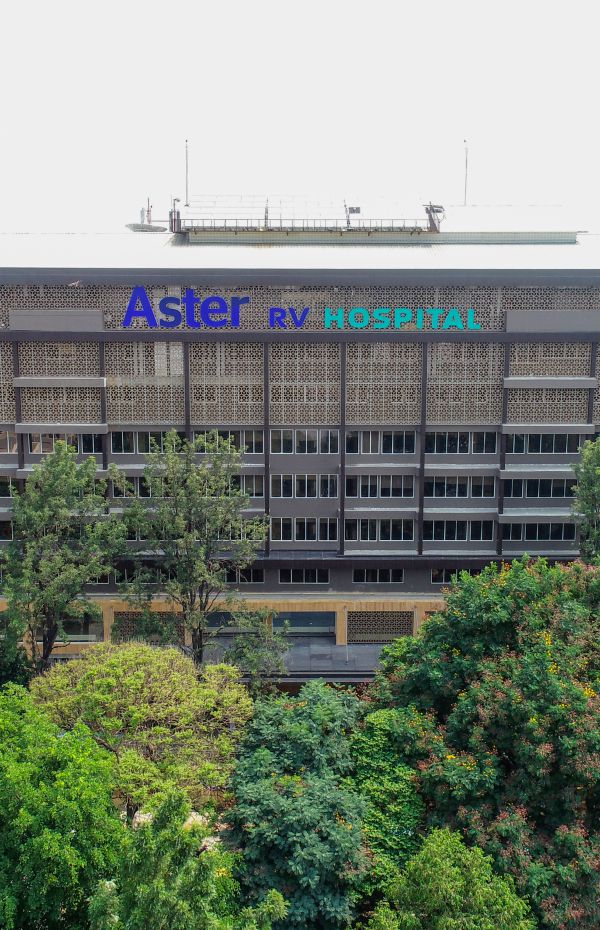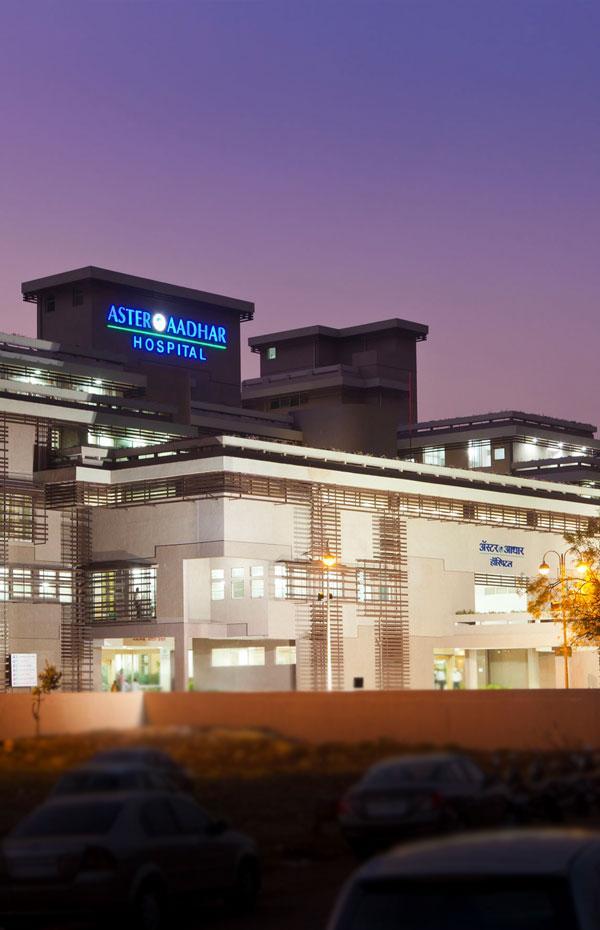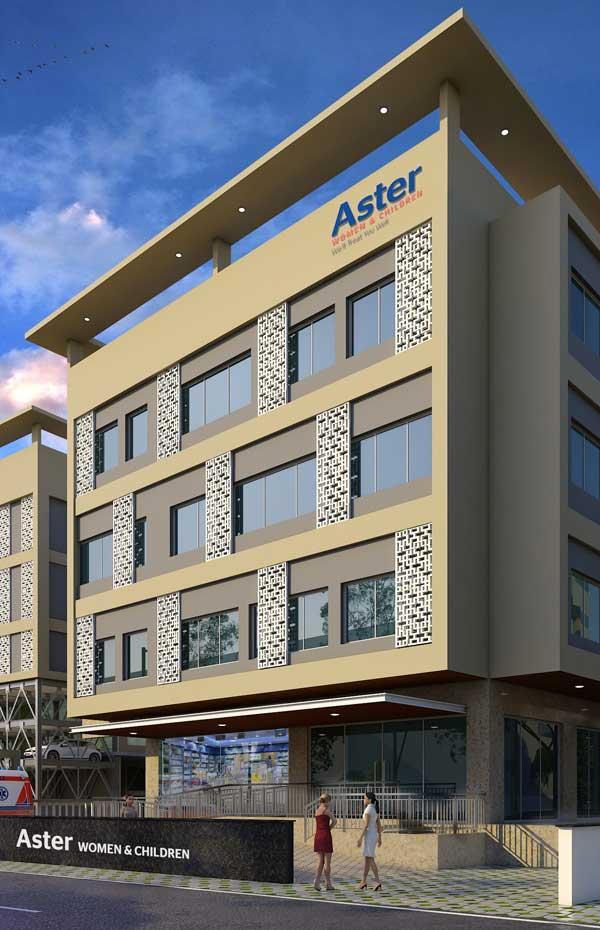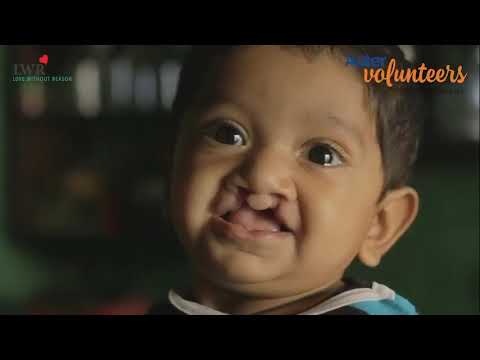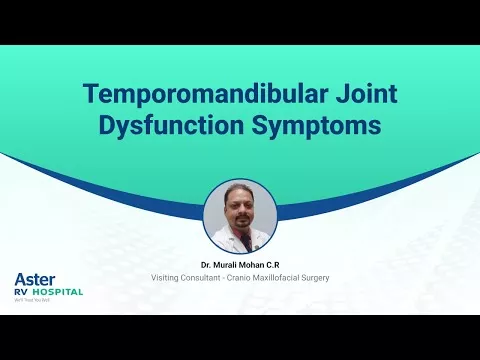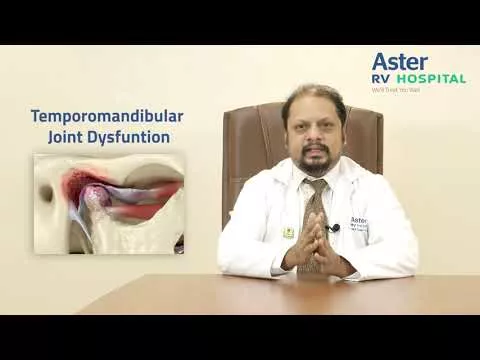The Craniomaxillofacial Surgery department offers highly specialised treatment for congenital and acquired deformities of the skull, face, mouth, jaws and associated structures in adults and children (right from newborns), for both bony as well as soft tissue components. On par with the most advanced facilities for Craniomaxillofacial Surgery in the world, the team of internationally trained Consultants and Specialists, with the support of state-of-the-art technical and clinical support, provides comprehensive solutions that transform lives of individuals with craniofacial deformities, by not just changing the way they look, but the way the world looks at them.
The spectrum of services offered includes accurate diagnosis and surgical / non-surgical management of conditions like
- Craniofacial Syndromes
- Orofacial Clefting
- Sleep Apnoea
- Distraction Osteogenesis
- Cosmetic Orthognathic Surgery
- Craniofacial and Dental Implants
- Craniofacial Trauma
- Oral & Maxillofacial Surgical Procedures
- Management Of Cyst and Tumours
- Impacted Teeth
- Pre-prosthetic Surgery
- Endodontic Surgery
Multi-disciplinary in approach, the department has combined, dedicated clinics with Specialities like Neurosurgery, Orthodontics, Speech Therapy, ENT, Oncology and Plastic Surgery for management of Complex Craniofacial Anomalies and Sleep Apnoea. Complex procedures in children, especially in neonates, are performed with the support of Paediatrics, Neonatology and Anaesthesiology Departments. It also works closely with other specialities for management of craniofacial conditions in medically unstable individuals.
Our Doctors
We have some of the best specialists from around the world, they bring years of experience and offer evidence-based treatment to ensure the best care for you.
Advanced Technology & Facilities
Well equipped with the latest medical equipment, modern technology & infrastructure, Aster Hospital is one of the best hospitals in India.
- Outpatient consultation on all days
- ombined clinics on dedicated days
- Round the clock coverage for trauma
By appointment
- Dental implant insertion
- Dental implant insertion
- Enucleation of cyst of the jaws
- Biopsy of oral lesions
- Surgical removal impacted teeth
- Dedicated OT days for Craniomaxillofacial cases
- 24/7 Emergency operation theatre services
- Qualified Maxillofacial surgeons / trained Registrar available on call to attend to all inpatients, emergency admissions and consultations from other departments, round the clock
Patient Stories
Our patients are our best advocates, hear the inspiring stories of their treatment journey
Blogs
The source of trustworthy health and medical information. Through this section, we provide research-based health information, and all that is happening in Aster Hospital.
